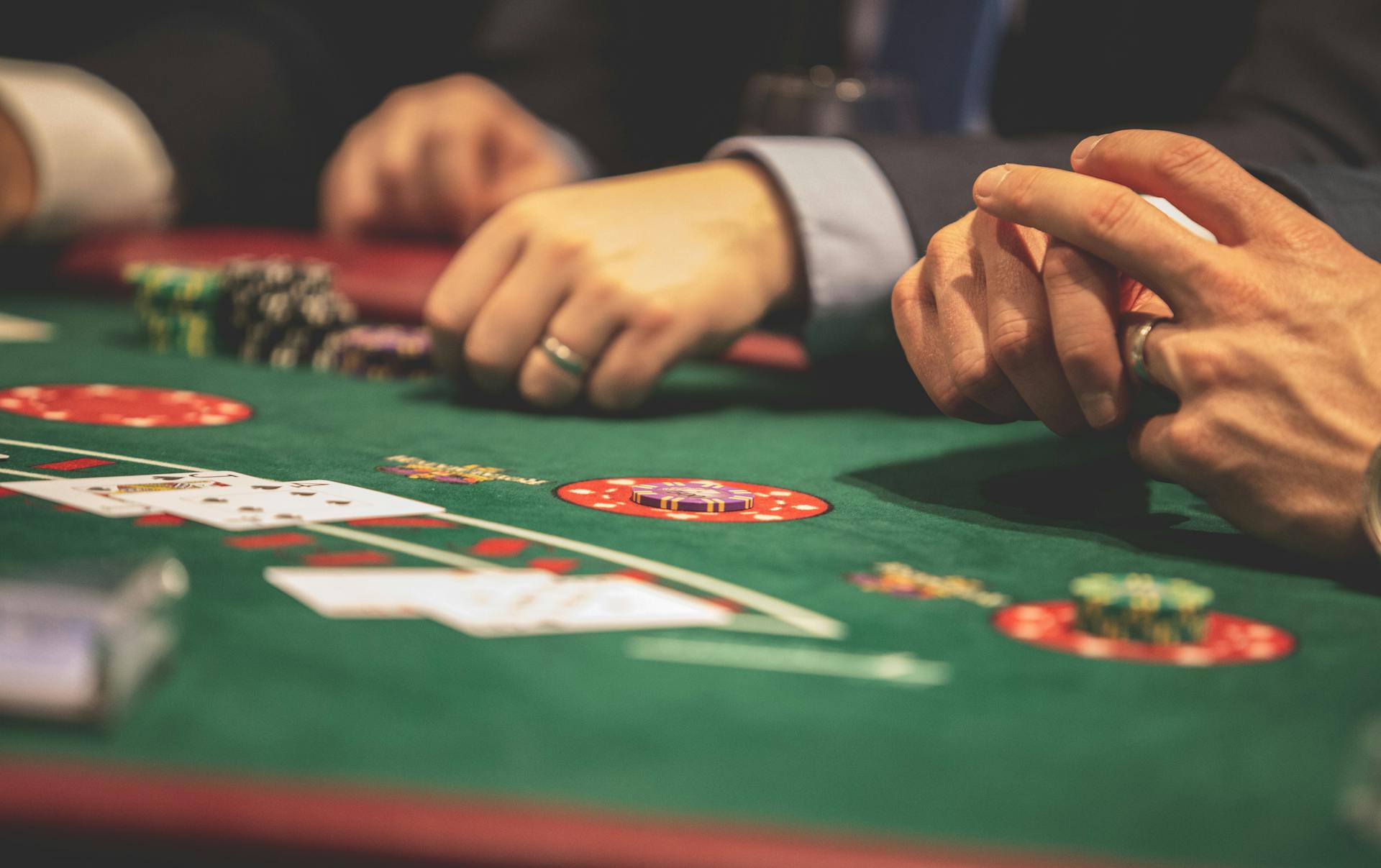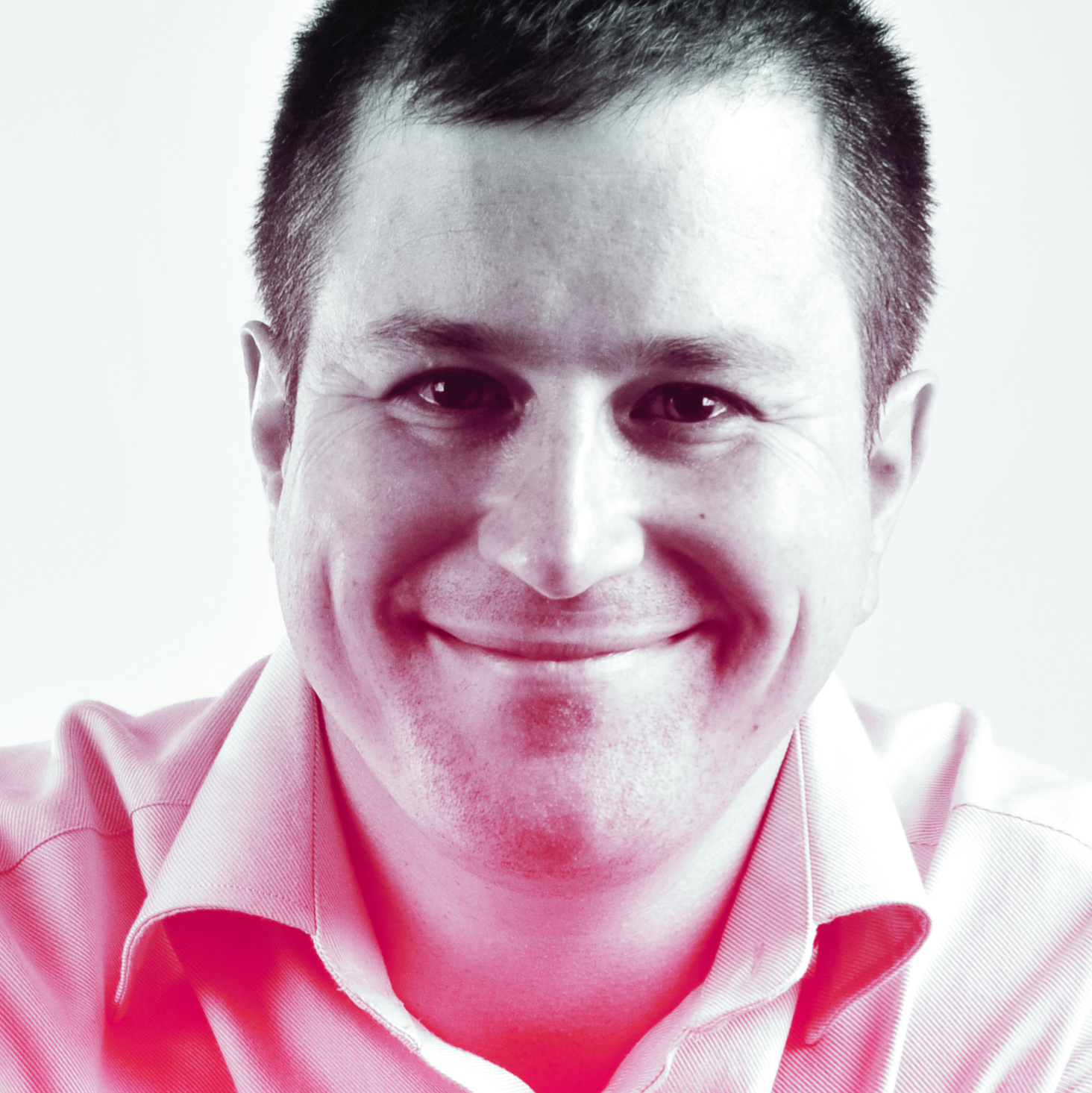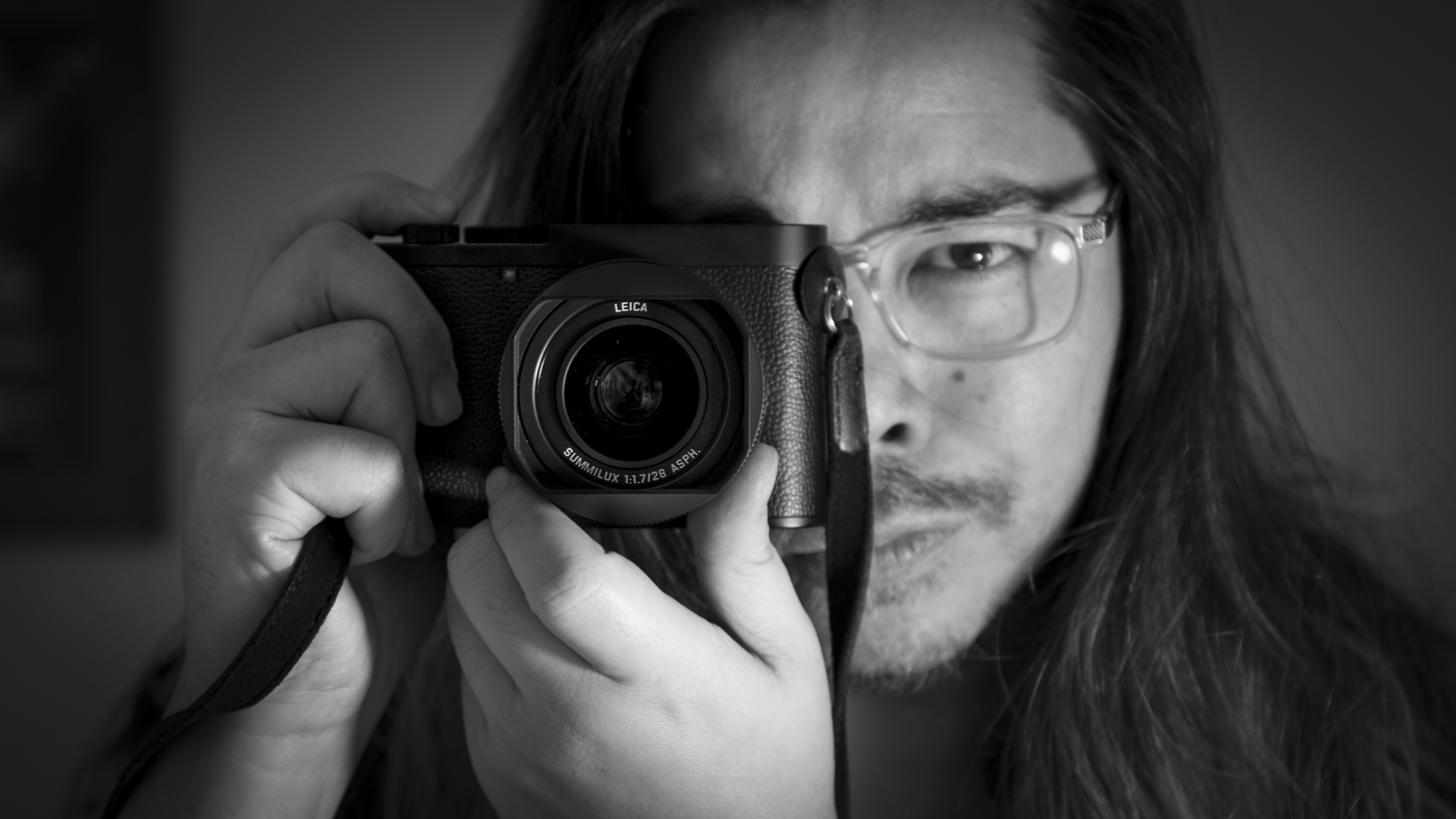
The best camera deals, reviews, product advice, and unmissable photography news, direct to your inbox!
You are now subscribed
Your newsletter sign-up was successful
Even if you're not a fan of 1990s rock, you've probably heard about the Oasis reunion. Bringing Noel and Liam Gallagher back together for the first time in 16 years, their tour stretches across 41 dates and is expected to raise a billion in revenue. But here's something you might not have heard about it.
Following the opening dates in Cardiff, the band's management told photo agencies they will only own the rights to concert images for one year. After that? The band swoops in and claims ownership of pictures they didn't take, with equipment they didn't buy, by photographers they didn't hire.
Unsurprisingly, Getty Images, Reuters and the AP have boycotted the remaining dates. But to my mind, this isn't just a one-off. It's part of a creeping assault on photographers' rights that's making our visual culture poorer by the day.
Privacy or paranoia?
Take new legislation in Monaco, banning anyone from photographing hotel and casino guests. On paper, it sounds reasonable to protect people's privacy in exclusive venues. But think about it.
In practice, what Monaco is doing is creating photography-free zones where news simply cannot be documented. When powerful people can retreat to spaces where cameras are legally prohibited, accountability disappears with them. The message is: if you've got enough money, you can buy your way out of being captured on camera, even in semi-public spaces.
Meanwhile, back in Britain, we've got an even more bizarre case unfolding on the A44 in Worcestershire. Ben Webster and Jake Pickering are roadside photographers who position themselves at Fish Hill, a scenic beauty spot, to capture "action shots" of motorcycles and sports cars.
They've been doing this for 20 years, selling the images online to riders who want professional photos of themselves on their machines. It's perfectly legal, they're insured, and they stand well back from the road.
The best camera deals, reviews, product advice, and unmissable photography news, direct to your inbox!
But West Mercia Police have now slapped them with community protection warnings, banning them from the area for 12 months. The reasoning? Their presence allegedly encourages motorcyclists to race, overtake dangerously, and pull wheelies. I mean, really?
To my mind, this is bureaucratic overreach dressed up as public safety. By this logic, we should ban pretty youngsters from the pavements, lest they encourage speeding bikers to show off in front of them.
A war on photography?
The examples are endless. We've already reported on the auditors who are going to get drones banned for everyone and how the creeping epidemic of camera paranoia is turning tourist attractions into no-go zones for photographers.
More recently, at the Bristol Harbour Festival in July, security guards were busily turning away anyone with a camera larger than a phone. Never mind that this was public space where photography is perfectly legal—if you looked too professional, you were persona non grata.
On their own, these are isolated, often ridiculous-sounding stories. But together, they're starting to feel like a global war on photography. And these restrictions don't just affect professional photographers—they're creating a culture where anyone with a decent camera is viewed with suspicion.
The irony is delicious: in an age when surveillance cameras monitor our every move, when facial recognition systems track us through cities, and when tech companies harvest our data with impunity, it's the humble news photographer who's being treated as the threat to privacy and safety.
Let's remember, photography built the visual language of the modern world. If we let it be strangled by lawyers and security guards, don't be surprised when that world becomes much harder to see clearly.
Tom May is a freelance writer and editor specializing in art, photography, design and travel. He has been editor of Professional Photography magazine, associate editor at Creative Bloq, and deputy editor at net magazine. He has also worked for a wide range of mainstream titles including The Sun, Radio Times, NME, T3, Heat, Company and Bella.
You must confirm your public display name before commenting
Please logout and then login again, you will then be prompted to enter your display name.

